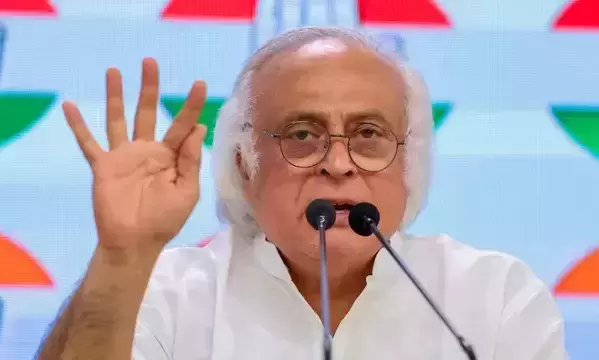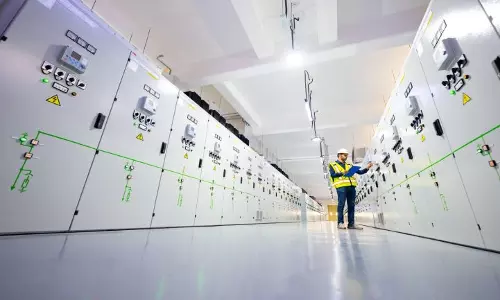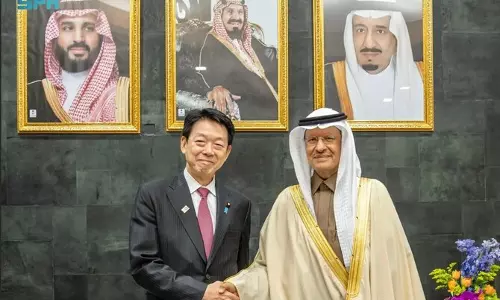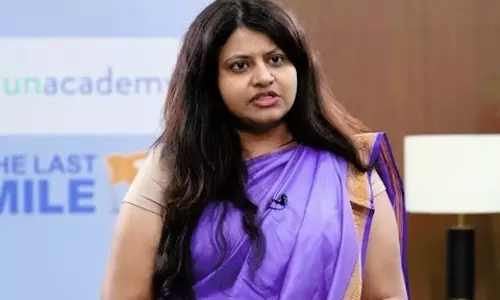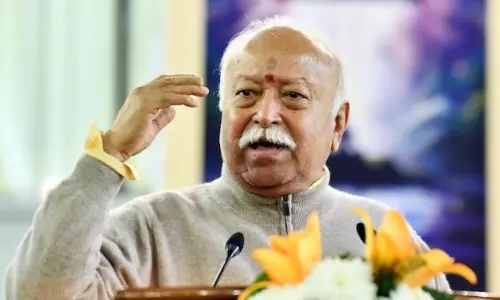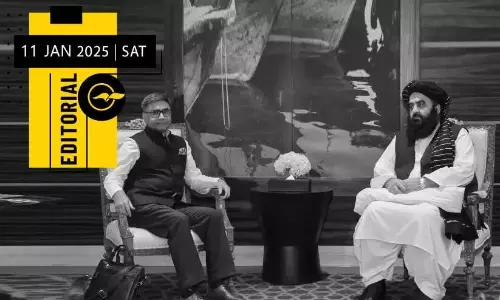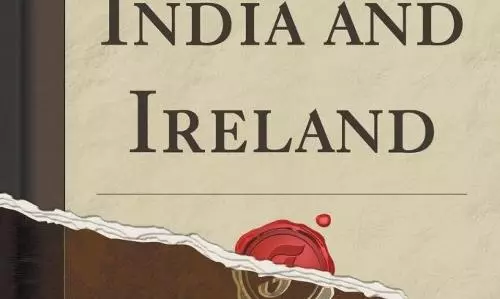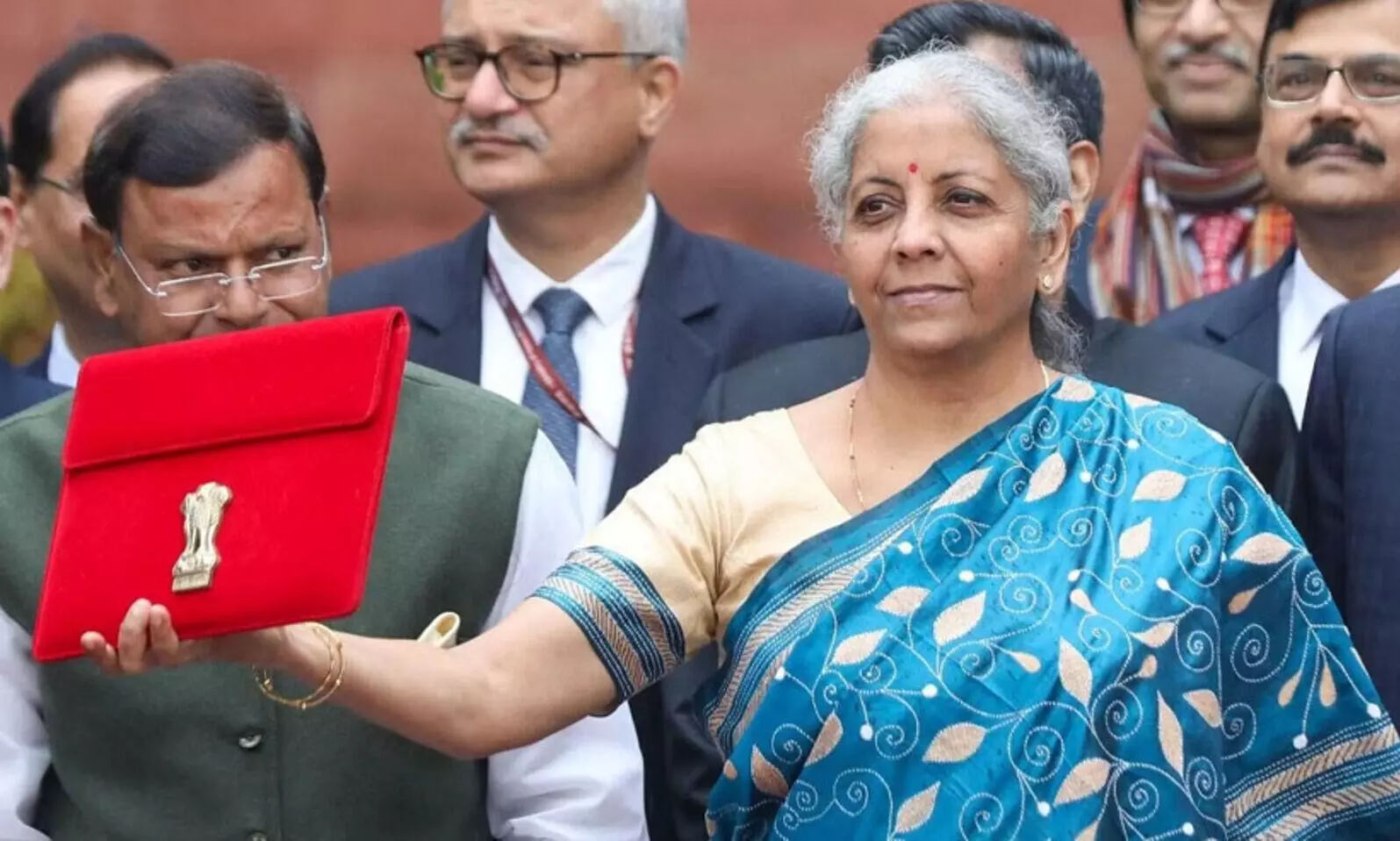
The ritual of budget
text_fieldsOn February 1, 2019, the last budget of the first Modi government was presented replete with populist announcements. The then finance minister, Piyush Goyal, tried to make farmers, the middle class, the unorganized sector and women happy through election promises. With only a month left then for the elections, Goyal presented an almost complete budget in the name of an interim budget, which was only a matter of vote on account.
It is another matter that 99 per cent of the promises, such as income tax relief for up to five lakhs, Rs.6000 per year for farmers with less than five acres of land, and Rs.3000 per month for unorganized workers in the past the age of 60 have not been implemented. But that strategy led to a succession of power.The same strategy was expected in the last budget by the second Modi government. Apart from promises like direct and indirect tax exemptions and significant reductions in fuel prices, new welfare schemes worth crores were also expected to be announced. But the interim budget presented by Finance Minister Nirmala Sitharaman on Thursday is devoid of such populist gimmicks ahead of the elections. Instead, the 58-minute long budget speech was filled only with the proclamation of the Modi era as a golden age and the accompanying bombast of claims that the central government has been repeating in recent times.
There are no major announcements to highlight: No change in direct and indirect taxes; import duty was not revised either. Nor were special schemes mentioned anywhere in the budget speech. Budget announcements on fiscal planning include some very vague statements that some existing schemes, like the Pradhan Mantri Awas Yojana, will be widened. At the same time, there is no dearth of political announcements. It would not be wrong to consider the budget presentation as a political speech made by the Finance Minister in the Parliament clothed in the conventions of a budget speech. It is for this reason that the Opposition accused Nirmala Sitharaman of making a policy announcements in the Parliament and not a budget presentation. It should also be noted that the content of that political speech is not new; there is nothing more in it than the praise of Modi, which has been repeated incessantly by government spokespersons in recent times.
In another way, Nirmala was repeating President Draupadi Murmu's speech in Parliament as a prelude to the budget session yesterday. Both were emphasizing the achievements during Modi's ten-year rule. To highlight these 'achievements', both cited the Economic Review released by the Union Finance Ministry itself. The summary of the said report is that the Modi era has brought the country to the highest level economically. The report estimates that the country's economic growth will reach 7 per cent by next year and will reap an economic benefit of 7 trillion dollars by 2030. It is claimed that India will become a financial superpower and a rich nation by 2047, and all this is thanks to the ten years of Modi's rule. Nirmala Sitharaman was presenting this empty rhetoric, which does not get reach anywhere near reality, with not support of actual figures. For example, one claim is that over ten years, 25 crore people have been lifted out of poverty. This had also figured in the report released by NITI Aayog a few weeks ago. The number of 25 crores has been reached by manipulating the criteria of poverty alleviation and omitting the figures during the Covid period. Moreover, this is at least three crores less than the poverty alleviation during Manmohan Singh's era. The same is the case with sectors such as health, employment and education.
It is also shameful that these claims come at a time when the country is facing the highest levels of unemployment and poverty in history. There is no proposal in the budget to solve unemployment; Although it is said that jobs will be created, how that is going to be achieved is unclear. There is no way to achieve the seven trillion economy target stated in the budget. Not only was the amount of the PM-Kissan Samman Nidhi not increased in the budget speech which was full of great love for the farmer, the government is not ready either to increase the support price of agricultural products. The only thing that is clear in this extremely weak budget is the Modi government's political policies. In the very introduction of the speech, the minister expresses the confidence that they will present the budget in July.
Not the incantations of development, it is the spells of the Ram politics of Hindutva that NDA will be presenting in the election arena; the budgetary speech gives a clear message. Some ingredients of that dangerous politics can be seen in the budget announcement too. The reference to the Triple Talaq bill and the decision to form a special committee for population control cannot be seen as innocent. Apart from that, this administration has deftly defied all norms related to budget presentation. For the first time in history, the Economic Survey report was not presented prior to the budget. Every survey report since the 1960s provides information on how previous budget announcements have been implemented and gives a picture of the current economic situation of the country. After 63 years, the government presented a review report instead of the survey report, citing technical reasons. This can be seen as a continuation of cancelling the railway budget earlier. In short, this interim budget is a move to make the annual budget, the cornerstone of the country's economic planning, a mere ritual and a new path for placating corporates once again.




